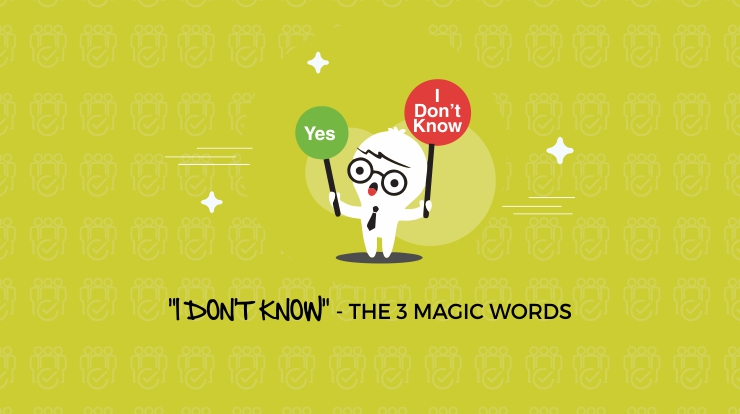
The MBA interview season is at its peak and most of you are quite well prepared for them. Yet, the truth is that we are all human beings and not Google. We can’t know everything. Not even about the things we have studied. Therefore, this article is dedicated to a really crucial, simple and neglected art of how to say ‘I don’t know’ in an interview.
Saying I don’t know in an interview could be the worst nightmare for a lot of you.
And when it comes to things that are straight from your subjects of graduation, you would even wonder is it okay to say I don’t know in an interview?
Guess what?
‘I don’t know’ could be the 3 golden words this Valentine's season that can get you hooked up with an IIM.
Trust me on this, I am not even kidding.
In this really important article, I will teach you about how to tackle a ‘I don’t know the answer to this’ kind of a situation. And I will tell you how saying ‘I don’t know’ can significantly improve your chances in an interview.
Because there is a psychological hack that I will share with you later in the article which will help you a great deal if you actually said ‘I don’t know’.
Let’s understand how to say I don’t know in an interview.
Is it okay to say ‘I don’t know’ in an interview?
As it turns out. It is perfectly fine to say ‘I don’t know’ in an MBA interview. You may be surprised with this.
You might wonder how can it be okay to say I don’t know in an interview when the question is something that I should have, in fact, known?
It’s correct to think like that.
Because, if the question is something that you think you should’ve known the answer to, then you definitely should’ve known the answer to it.
For example, it would be a crime if you can't answer a question that is about your own personality and your goals. I have been embarrassed for not knowing the answers to them.
And, therefore, to avoid that embarrassment for you, I created the Self Branding Journal that will help you crystallize your answers for the simple yet seemingly difficult HR questions.
Another example could be, how can a mechanical engineer not know what does a Lathe Machine do? Or how can a BBA student not know the 4Ps of Marketing?
That’s almost akin to a sin. No doubt!
But then the fact is that if you don’t know the answer to it, you just don’t know it.
And a bigger sin that not knowing it would be to ruin your chances by saying something that is outrageously wrong.
Therefore, saying I don’t know in that interview can actually increase your chances of making it through.
How can it increase my chances, you must be wondering?
Read on.
Important! Self Branding Journal for B-school Interviews
To be able to find the answers in the directions where I will lead you to, you will need this short journal that I have compiled for you. This Self Branding Journal will help you create a brand identity for yourself, pretty much like how marketers do for brands. And once to do that, all you need to is market yourself.
What will the interviewer think if I say I don’t know in an interview?
An Alia staying shut is better than an Alia giving a wrong answer to the simplest of the questions - like who is the President of India.
But let’s analyse what are the three cases when you may not know the answer to a question.
Type 1 - when it is straight from your CV or academics (e.g. explain the 15% sales growth you mentioned in your form)
Type 2 - when it is in the related areas of your CV and academics (e.g. what are the advancements expected in the field of Mechanical Engineering.
Type 3 - when it is a question beyond your CV - like General Knowledge and Puzzles etc.
We all know, it would hurt you and your chances of converting that college the most when your case falls in the type 1 of question
And as I recommended in my post on 10 Tough Interview Questions, if you are planning to become a Marketer, the least you should know is about the product.
What sort of a marketer are you if you don’t know about your product?
And in the interview, you are the product.
So yes, ensure that you don’t falter in bullet point number 1 mentioned above.
But, here’s the thing - there could be many situations in type 2 and type 3 for which you might not know the answer.
If you don’t know the answer, you just don’t know it.
And saying I don’t know is less damaging than saying an answer which is totally absurd.
How absurd can answers be? Read this.
One of my closest friends, studying at one of the old IIMs, was telling me that how one her of Profs was telling them about some of the hilarious answers of MBA aspirants.
These were the some of the answers we laughed our hearts out on the call that day.
One aspirant was asked it Tibet was a country or a city.
He replied that it was a city in China.
Another aspirant was asked to draw the Radcliffe line on the Indian map. He didn’t know it and drew some random line over Jammu and Kashmir.
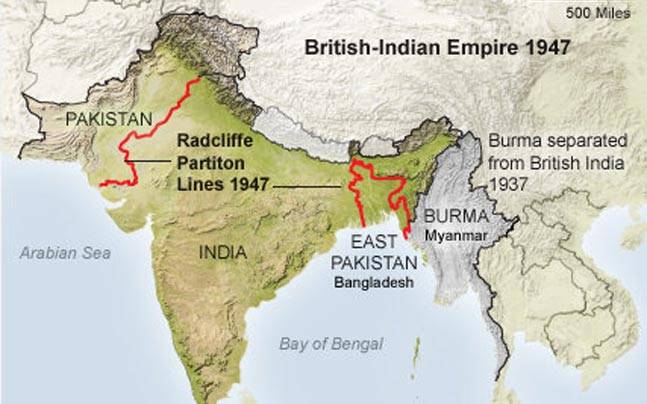
Not many might know whee is the Radcliffe Line. Even I didn't to be frank.
And the best way to get out of such a situation is to say 'I don't know'. Sure, there is a method to saying I don't know which I have explained in the four strategies below.
But here's the thing. Drawing that random line did not kill that aspirant's chances of making to that IIM yet. Because what he did next was worse.
He was next asked to draw the BPL, which most of the aspirants reading this would know stands for Below Poverty Line.
The aspirant clarified with the panel if what they meant was the Below Poverty Line. They nodded in agreement.
With 10 seconds of thought, he draw another random line somewhere on the map.
No one knew why. He had no solid explanation for it either.
Therefore, if the question is straight from your CV, about the work you have done or your projects, saying I don’t know will leave a bad impact.
However, in type 2 and type 3 cases, saying I don't know will actually save you from embarrassing situation where you give an incorrect and weird answer.
Thinking why would a panel of an old and reputed IIM ask such a stupid question?
Well as long as aspirants will keep on making a mockery of themselves without simply saying ‘I don’t know’ or ‘It doesn’t make sense to me’, they will keep on.
Download: [E-Book] Marketing Basic Concepts
How to say I don’t know in an interview?
I can suggest a method to this madness. With this, you can simply say I don’t know and minimize the embarrassment.
I suggest to you four steps or strategies to go about how to say I don't know in an interview. There is not sequential order in this. You just need to keep in mind these four things and use then in an I don’t know the answer to this kind of a situation.
Strategy #1 - Don’t give up to soon
This is a problem that all of us have. Whenever posed with a question, we race towards answering it almost instantly.
You would’ve noticed that even if we don’t know the answer to something, we would still start rambling few words before we start really talking sense.
Avoid that.
As an aspiring marketing, this is a basic Marketing Communications tip. Be clear with the content of your communication.
Applying this to an I don’t know situation, I would suggest that never even say ‘I don’t know’ immediately.
Get into a habit of taking 5 seconds before you answer anything in an interview.
Heck. If you don’t know the answer, take extra, 10 - 15 seconds in total maybe. But dig deep and think through if you have any idea about that term or regarding that question at all.
If you are convinced that you don’t know enough, then say I don’t know.
The reason why this strategy makes sense is because an interview is a high pressure situation. Chances are you will not be able to quickly recollect even the simpler things.
In such a scenario, this strategy of taking enough time always helps.
Strategy #2 - Ask Follow-up Questions for Clarification
What if you have thought for 10 odd seconds but are still not able to answer the question. Here’s another thing you can try after that.
I call this strategy as ‘Reduce the Scope’ Strategy.
Ask follow-up questions which you think can help you get to the answer. Not only will it take you closer to the answer but it will also help you reduce the scope of the question.
I will explain how through a real-life example below.
But here’s the caveat. You need to apply your sense of judgement to do this.
If you don’t know something that you have mentioned in your CV, you would be coming across as a fool asking the panel for hints or asking follow-up questions.
It’s pointless.
But then this could be a potent strategy for type 2 and type 3 questions that I mentioned above.
Here is an example of an aspirant who successfully applied this strategy in here interview.
This aspirant who said she was interested in Marketing was asked “What kind of Social Media Marketing strategies will be useful for a B2B company?”
It was slightly surprising that she didn’t know what Social Media Marketing truly meant. She thought of it to be just about posting statuses on Facebook and boosting those posts with the ‘Boost’ button.
Also Read: How to Answer Tough Interview Questions (Part 1)
And just when she was asked this, she knew that she had inadequate knowledge of what Social Media Marketing meant.
However, she told me later how she was able to get a better understanding of it by asking a few follow-up questions.
She asked, “What all channels has this company tried till now?”.
This is a smart question. If you have ever worked with or at a Digital Marketing Agency, that’s how they question you and diagnose the problem.
But, she hadn’t worked with or at an agency. She was just following this strategy of asking follow-up questions, quite smartly.
The panel, almost gave a crucial lead in their response. “They have tried Facebook Ads in the past but they want to try something else”
That’s a hint. She avoided mentioning Facebook.
“What is the challenge that they are facing in their Social Media Strategy?”, she asked. (Trust me that’s a winner question to ask. Every digital marketing strategy needs to have an objective, and she just asked them that).
“They want to target other businesses and professional so Facebook isn’t working for them. What would you suggest”.
She did manage to answer this. The answer wasn’t perfect. She could’ve added much more, I told her later.
But, look how she decreased the scope of the question just by doing some back and forth questioning.
Also, while I say that it could help you, be ready for the the panel to not allow you any follow up questions.
Strategy #3 - Mention a Reason for Not Knowing the Answer
So when you realize it's time to lay down your guard and all the strategies have failed, the best way how to say I don't know in an interview is by also mentioning why you do not know the answer.
Any plausible explanation would do.
It could be “I am sorry. I hate to admit but I didn’t really study that part of the subject well”. Or it could be as simple as admitting and seeking pardon for your ignorance.
As an example, in the situation of that aspirant that I mentioned above, she was asked about the social media marketing strategy for a B2B company.
She was smart.
She could use the strategy #2 that I told her to ask more questions on it and reduce the scope.
But what if you are not able to do that?
If you have planned t give up on the question then the best way is to give an explanation why you don’t know.
“Pardon me sir, but not well versed with the different Social Media Marketing strategies as of now. I am still learning it and therefore I am not in a position to give you a clear answer for this.’
Strategy #4 - Golden Tip - Share your perspective
This is simple. This is the last of the four strategies on the question how to say I don’t know in an interview.
It is the exact opposite of the ‘reduce the scope’ of the question strategy.
As per this, I suggest to you that if the question asked to you is really specific but you only have a broad idea about that topic, then increase the scope of the question.
Admit that you don’t know the specific but offer them the broad idea that you have.
Again, taking the example of that friend. She could have also done the reverse of reduce the scope for that Social Media Strategy question that she was asked.
She could have told the panel about her slight ignorance on this topic and could have offered a general view of how Social Media can help businesses.
How can saying ‘I don’t know’ increase my chances?
I did mention somewhere that saying ‘I don’t know’ in an interview can actually increase your chances.
And finally, I will explain why.
We are clear that one should completely avoid saying ‘I don’t know’ to type-1 questions, which are straight from your CV.
That can only do harm to you.
But in certain type 2 and type 3 kind of situations, saying and ‘I don’t know’ can put you in a good light.
When you are telling the panel about all the things you have done, when you say ‘I don’t know’ for, say, 10% of the things, the other 90% start looking more legitimate.
Take this for an example, I was writing a mail to the Chief Technology Officer of my previous company just when I had completed my internship during my B-school.
I told him about how I am learning new things in Data Science.
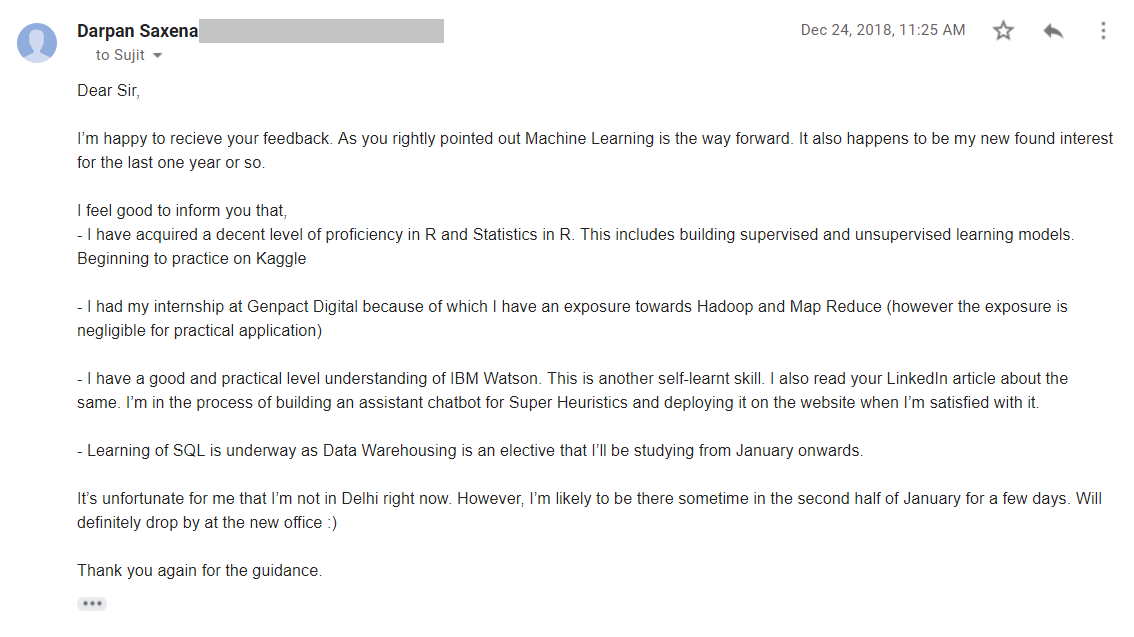
Notice how in point number 2, I admitted that while I did learn Hadoop and MapReduce at my internship, I don’t know how to do it.
I was frank about it.
And saying that showed that I am honest about my shortcomings. Therefore, everything else that I said became more believable.
Contrast this to a situation where I would’ve said ‘Hi, I know everything in Data Science’.
Does saying, or even believing that you know everything sound convincing to you? It doesn’t.
So, here is the psychological hack which makes ‘I don’t know’ makes you look more honest, believable, trustworthy, and human.
Important! Self Branding Journal for B-school Interviews
To be able to find the answers in the directions where I will lead you to, you will need this short journal that I have compiled for you. This Self Branding Journal will help you create a brand identity for yourself, pretty much like how marketers do for brands. And once to do that, all you need to is market yourself.
Conclusion
Speaking from my personal experience, saying I don't know in an interview is an acceptable answer.
After all, it is way better than drawing the BPL on a map.
However, you need to be cautious in how you say I don’t know during your B-school interview.
I hope this helped answer your query of how to say I don't know in an interview. After all, we are humans and not Google to know everything.

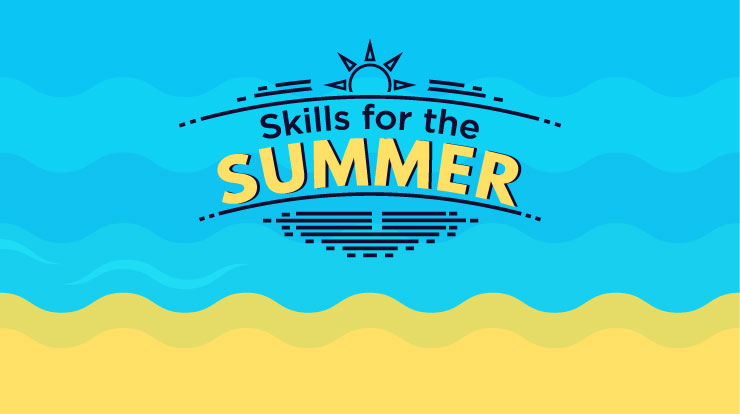

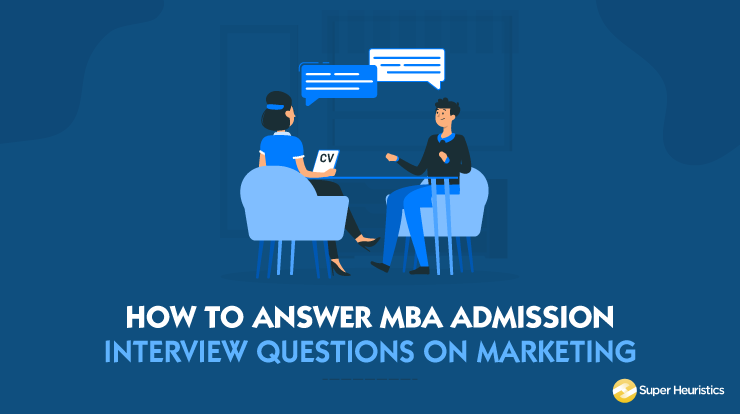


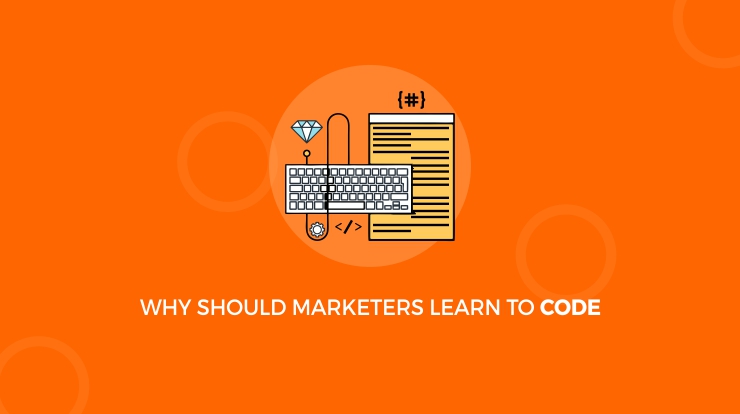
The worst thing candidates can do is fake it. If they are unfamiliar with the topic of discussion, they should politely make it known that they lack information on the same. However, they should make sure to show enough zeal to learn about it and connect with them. Check this guide for more info – net-boss org/how-to-pass-any-interview